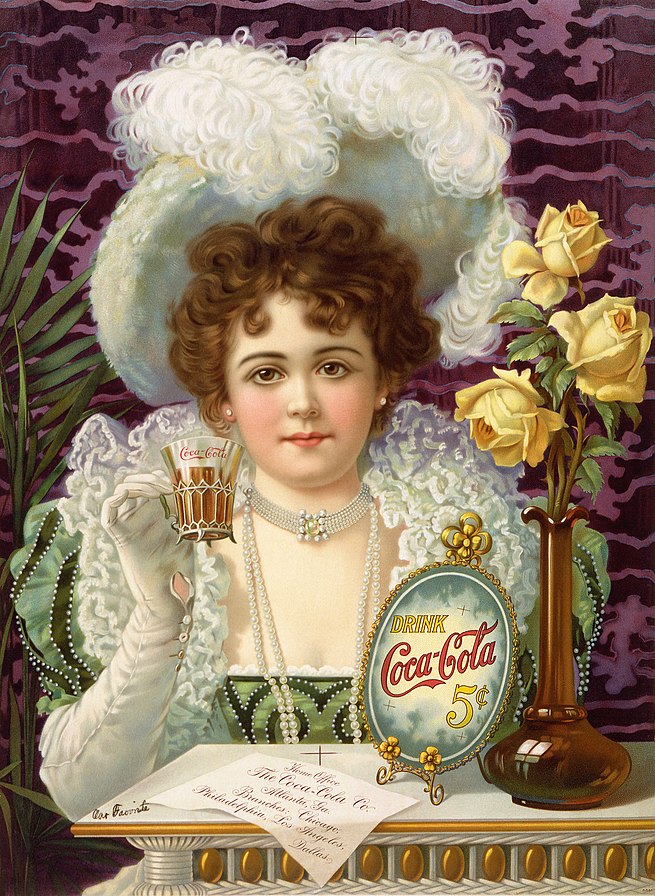
-
Advertising
Advertising is a marketing communication that employs an openly sponsored, non-personal message to promote or sell a product, service or idea. Sponsors of advertising are typically businesses wishing to promote their products or services. Advertising is differentiated from public relations in that an advertiser pays for and has control over the message. It differs from personal selling in that the message is non-personal, i.e., not directed to a particular individual.
Advertising is communicated through various mass media, including traditional media such as newspapers, magazines, television, radio, outdoor advertising or direct mail; and new media such as search results, blogs, social media, websites or text messages. The actual presentation of the message in a medium is referred to as an advertisement, or “ad” or advert for short.
Commercial ads often seek to generate increased consumption of their products or services through “branding”, which associates a product name or image with certain qualities in the minds of consumers. On the other hand, ads that intend to elicit an immediate sale are known as direct-response advertising. Non-commercial entities that advertise more than consumer products or services include political parties, interest groups, religious organizations and governmental agencies. Non-profit organizations may use free modes of persuasion, such as a public service announcement. Advertising may also help to reassure employees or shareholders that a company is viable or successful.
Modern advertising originated with the techniques introduced with tobacco advertising in the 1920s, most significantly with the campaigns of Edward Bernays, considered the founder of modern, “Madison Avenue” advertising.Worldwide spending on advertising in 2015 amounted to an estimated US$529.43 billion. Advertising’s projected distribution for 2017 was 40.4% on TV, 33.3% on digital, 9% on newspapers, 6.9% on magazines, 5.8% on outdoor and 4.3% on radio. Internationally, the largest (“Big Five”) advertising-agency groups are Dentsu, Interpublic, Omnicom, Publicis, and WPP.In Latin, advertere means “to turn towards”.
-
Publicity
Publicity is the public visibility or awareness for any product, service or company. It may also refer to the movement of information from its source to the general public, often but not always via the media. The subjects of publicity include people of public interest, goods and services, organizations, and works of art or entertainment.
A publicist is someone that carries out publicity, while public relations (PR) is the strategic management function that helps an organization communicate, establishing and maintaining communication with the public. This can be done internally, without the use of popular media. From a marketing perspective, publicity is one component of promotion and marketing. The other elements of the promotional mix are advertising, sales promotion, direct marketing and personal selling.
-
Advertising (noun)
Communication whose purpose is to influence potential customers about products and services.
-
Advertising (noun)
The industry or profession made up of such communications.
-
Publicity (noun)
Advertising or other activity designed to rouse public interest in something.
-
Publicity (noun)
Public interest attracted in this way.
-
Publicity (noun)
The condition of being the object of public attention.
